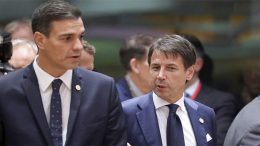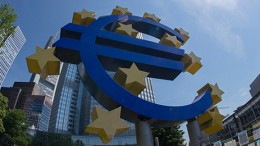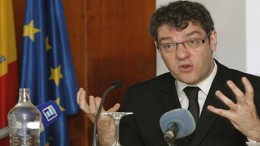The Return Of The Franco-German Axis Marks The Recovery Plan For EU Member States
The Franco-German axis is back in operation thanks to the coronavirus crisis. Yesterday, the French president and the German chancellor agreed to propose the creation of a €500 Bn reconstruction fund to the European Union (EU), far cry from the quite regularly speculated sum of around €1 Bn or €1.5 Bn. The proposal is very much in line with the recovery plan which the European executive is working on currently and is expected to be presented on 27 May.










